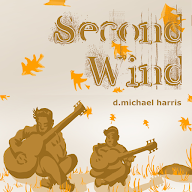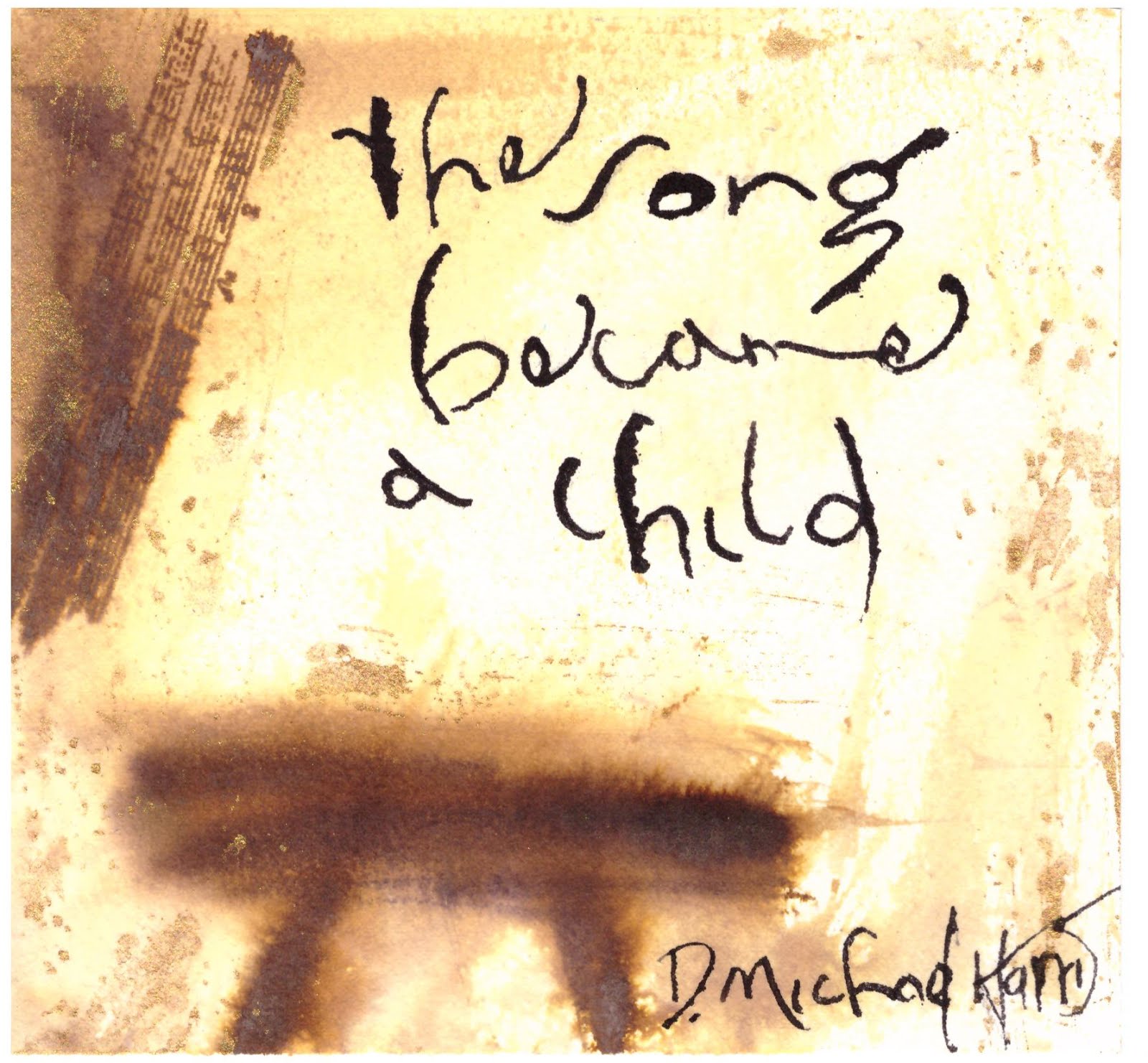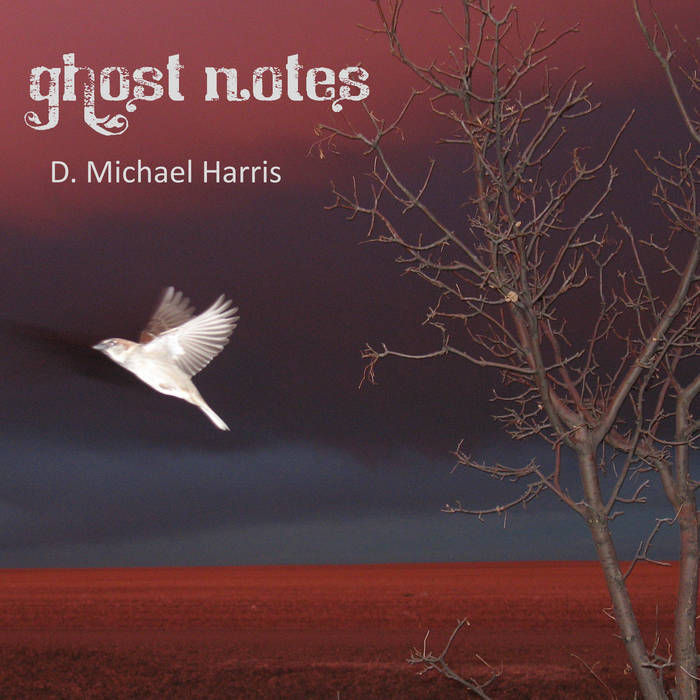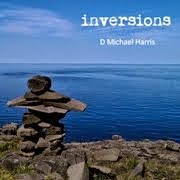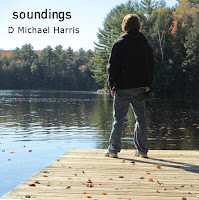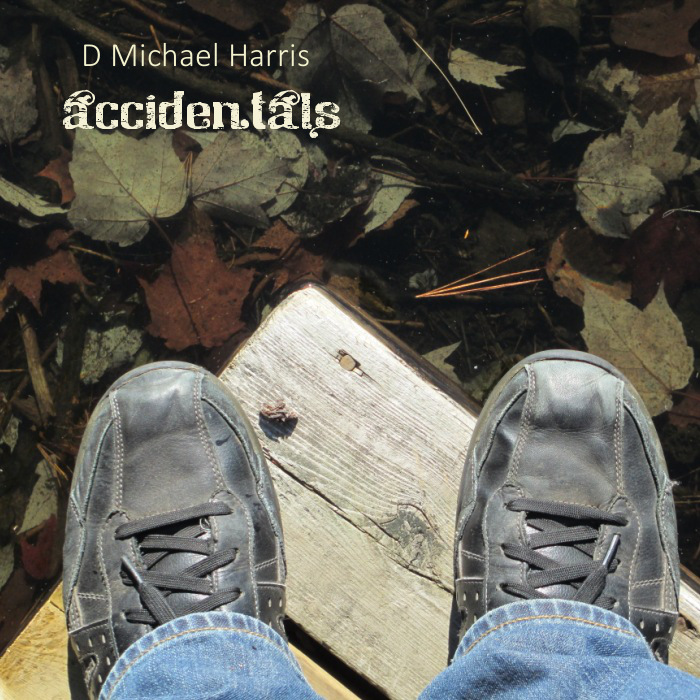I first encountered the preaching of Barbara Brown Taylor in a homiletics course I took in Seminary. Taylor is an Episcopalian priest turned professor of religion at Piedmont College in Georgia. As such she doesn’t tend to garner much attention in move Evangelically minded circles, though Time magazine named her as one of the top 100 most influential people in the world, in 2014, and Baylor University named her one of the 12 most effective preachers in the English-speaking world, in 1996. So she has street cred.
In my homiletics course, we were given a number of different sermons to view and critique, as a learning exercise, and a Barbara Brown Taylor sermon on a passage from Ephesians was included on the list. Taylor is a careful wordsmith, with a poet’s ear for rhythm and a storyteller’s taste for imagery, and these qualities sparkled in her preaching. I was still trying to find my own voice as a preacher, at the time, and was wondering if my own love for a well-turned phrase might somehow marry with my passion for speaking the Word of God. Barbara Brown Taylor’s sermon gave me at least one reason to hope that it might. She never became one of my “top 12 preachers” in terms of influence, but the example she set, of using words poetically in the proclamation of the Word of God, left an indelible mark on me.
It was with great joy and much curiosity, then, that I started into
Leaving Church: A Memoir of Faith, her personal story of becoming a priest, serving God in a small Episcopalian church in Clarkesville, Georgia, eventually discerning that God was calling her into something other than the priesthood, and finally, as the title suggests, leaving church. Not that she left faith, or worship-in-community, or serving God, but she did leave active ministry.
I myself have wrestled at various times with my own sense of vocation. Even when I left my career as an English teacher and went to seminary to prepare for ministry, I did not know exactly what form that ministry would take, whether academic, or pastoral, or something altogether different. When the Lord made it clear to me that it was time for me to leave my previous ministry appointment, a post I’d held for some 12 years or more, I was not entirely sure I was being called back into a pastoral position. And over those last 12 years—during a pastoral burn-out in 2014, deciding to complete a doctorate in Rochester, New York in 2016, stepping back for a three-month sabbatical in 2020-- at each point I've had to do some wrestling again. Sometimes this was mild sparing, even play-wrestling, other times it felt like a life-or-death struggle. Each time, however, I eventually pinned my questions and doubts to the mat, and emerged from the ring clear in the conviction that God was still calling me to serve him in this way.
So I was deeply intrigued to read Barbara Brown Taylor’s story, as someone who has wrestled in a similar way.
The book is good read. Even if you’re not in vocational ministry specifically, it asks a whole bunch of important questions that we all should probably wonder about more: what’s the real difference between doing and being? What does it mean to be “called” to a vocation in the first place? What should life-lived-in-community-loving-God really look like, after all?
As a pastor, though, a few things in
Leaving Church felt especially poignant to me. Taylor has an extended section where she describes the days immediately after leaving her position as priest, as she begins to realize how deeply she had longed, throughout her ministry, to be treated like “just one of the flock,” and not set aside the way being a pastor often does set aside those who do it. In another scene she describes the moment she realized that she first went into the ministry because she had fallen in love with God, and yet the demands of the ministry were making it harder and harder to experience that love. In another passage, she describes the discovery that her vocation is broader than simply the things she does as a priest, and is tied more fundamentally to who she is in relation to God. These were all things that spoke to my own experience in ministry, some because they were lessons I, too, learned the hard way; others because they’re lessons I’m still trying to figure out.
A few days ago I was having coffee with a friend of mine who is also a pastor, and we were talking about the unique challenges that come with this particular line of work. In a moment of epiphany, I said something to the effect that I was starting to think that being a pastor actually changes the person doing it in some deep psychological way. I hadn’t thought about it like that before I said it, but when he asked me to elaborate, I mentioned how the “setting aside for ministry” and the unavoidable “being setting apart from community” that so often comes with it, how the weight of spiritual responsibility that we unconsciously shoulder, how vagueness of the job and yet its intense precision (we pastor people wherever they happen to be, through whatever they happen to be experiencing, yet our work is tied to and focused on the singular person of Jesus Christ as revealed in his Word)—how all this shapes our psyches in ways we probably none of us fully appreciate.
As a pastor, reading one colleagues journey through ministry helped me to appreciate these things more fully, and caused me to reflect more deeply than I have for a while, on the nature of my own calling. One of the conclusions that Barbara Brown Taylor draws from her experience is that all of us have a calling in Christ, even if we don’t wear a collar to signify it, and sometimes, ironically, the more formally we attach our calling to our work, the more difficult it becomes to pursue it. These are lessons all followers of the Great Shepherd would do well to mull over, not just those who serve as under-shepherds.




